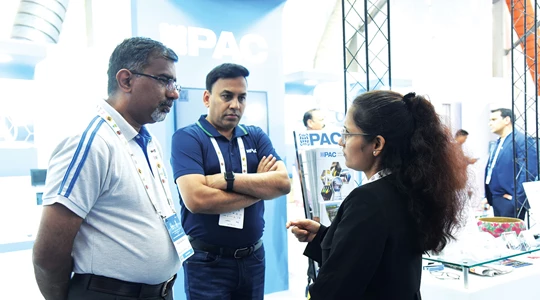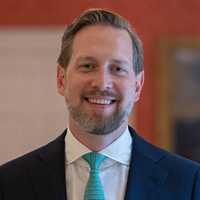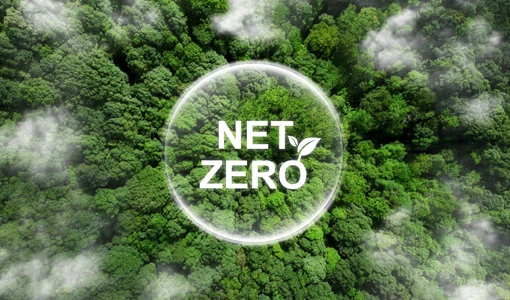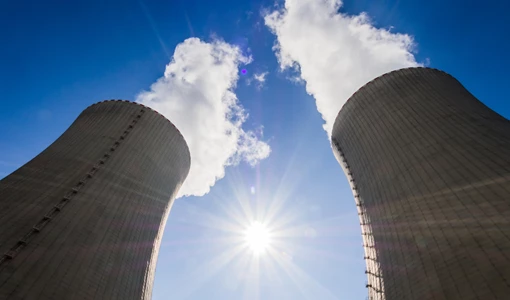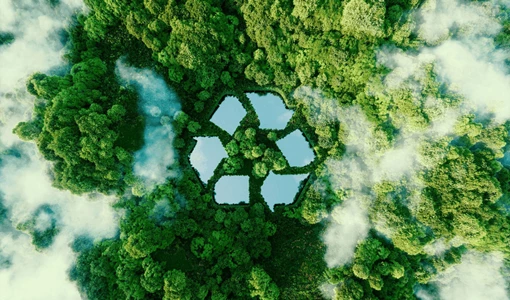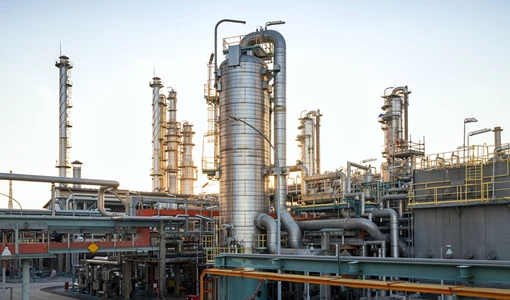When confronted by an existential threat, the solution is always collective
Rampant wildfires. Severe drought. Devastating floods. Melting glaciers.
2023, the year of COP28, is on track to be the hottest year ever. COP28 President-Designate HE Sultan Al Jaber calls climate change our common enemy.
As the world faces this collective challenge, the solution too must be collective. No single country, industry or company can deliver the required change alone.
COP28 opens in a few short days, bringing together world leaders and policy makers determined to drive action in four pillars, one of which is fast-tracking the transition to clean energy.
Cutting carbon emissions is critical if we are to mitigate against the worst effects of global warming. We are living through what’s likely to be the hottest year on record and have witnessed the devastating effects resulting from this.
The UK’s legally binding commitment to reduce emissions in 2030 by at least 68% compared to 1990 levels is the highest reduction target made by a major economy.
We are moving in the right direction. In the second quarter of this year, the UK renewables’ share of electricity generation was 42.1 per cent; higher than fossil fuels’ share of generation (38.8 per cent) in the same period. (source: DESNZ)
Gulf ambitions
GCC governments are also investing in cleaner futures, and there is common ground between our energy strategy priorities and the Vision Strategies of the Gulf. Indeed, the UK and the UAE recently signed a Clean Energy MoU, agreeing to cooperate on energy and climate, and facilitating the sharing of technical knowledge and expertise, including in the burgeoning hydrogen sector. The UAE, Saudi Arabia and Oman see green hydrogen as integral to meeting their decarbonisation commitments.
The GCC markets’ abundance of sunshine and landmass means they are best placed to benefit from the significant fall in the cost of solar energy. The IRENA estimates that the six countries that make up the GCC are expected to generate 40 gigawatts of utility scale PV projects and 124,000 solar PV jobs by 2030.
UK solutions
UK companies are leading the way in renewable energy solutions at home and abroad, including here in the UAE, supporting government and business to achieve their carbon emission goals. UK capability and expertise is being deployed across the sector to tackle shared challenges.
When the Dubai Water and Electricity Authority (DEWA) sought a solution to build a sustainable, carbon neutral water purification and desalination system, it looked to Desolenator, the world’s first solar thermal desalination solution, to deliver. By 2030, DEWA aims for 100 per cent of Dubai’s production of desalinated water to come from a combination of renewable energy sources and waste heat.
Advanced materials such as graphene can play a pivotal role in clean energy generation, conversion and storage. Graphene was invented at the University of Manchester, and its applications are being pioneered in the UAE through a partnership between Masdar, the Research and Innovation Centre for Graphene and 2D Materials at Khalifa University and Graphene@Manchester. These partnerships and many more examples from the Middle East can be found here.
Soaring sustainably
At the Dubai Airshow this month, I attended the signing of an MoU between the UK’s Zero Petroleum and Boeing, who will collaborate on next generation Sustainable Aviation Fuel (SAF). Boeing will jointly establish a testing programme for Zero Petroleum’s clean and carbon neutral SAF – which is produced from air and water - at the University of Sheffield's Energy Innovation Centre.
Cutting carbon emissions cannot happen in a vacuum and will rely on policymakers, energy suppliers and energy consumers to change laws, industry standards and consumer behaviours.
More funding and investment is required, and the UK Government is working with partners in these areas as well.
The Middle East is UK Export Finance’s largest region, and its £2 billion clean growth direct lending facility provides lending to buyers and project sponsors in support of clean growth, renewable energy and climate adaptation projects.
Government to Government Investment Partnerships between the UK and countries in the GCC mean that investment in renewable energy is flowing both ways to facilitate knowledge transfer and economic growth.
Ready, set, green
Thousands of people across the world have been working to ensure COP28 is a success.
Renewable energy is just one strand in the fight against climate change, just as the UK-GCC partnerships are just one example of collaboration.
But multiply this across countries and industries, and the whole will be greater than the sum of its parts. Because when our adversary is an existential threat, the only way to combat it is together.
When COP28 closes its doors on 12 December, it fires a starting pistol in the race towards a brighter, greener future.
KEEPING THE ENERGY INDUSTRY CONNECTED
Subscribe to our newsletter and get the best of Energy Connects directly to your inbox each week.
By subscribing, you agree to the processing of your personal data by dmg events as described in the Privacy Policy.
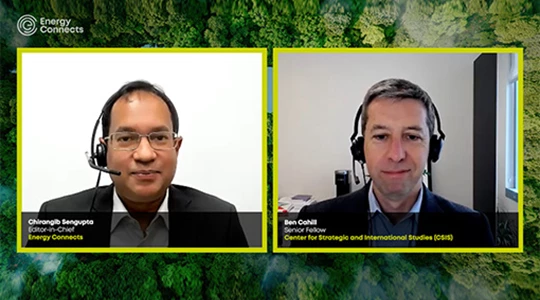
CSIS: long-term LNG demand to reshape global export capacity growth
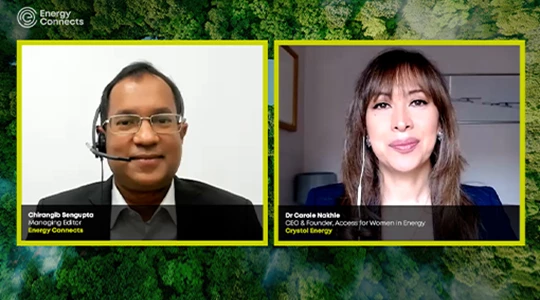
More women in energy vital to the industry’s success
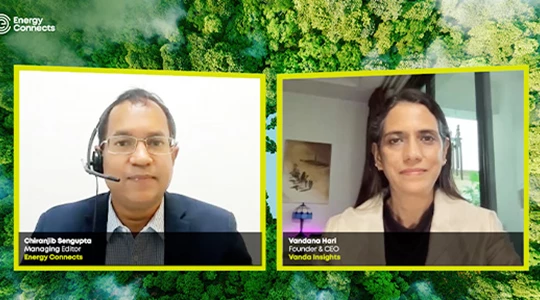
India’s energy sector presents lucrative opportunities for global companies
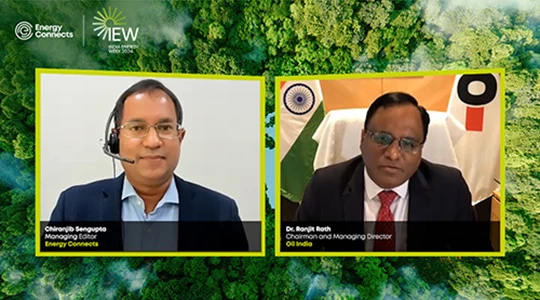
Oil India charts the course to ambitious energy growth
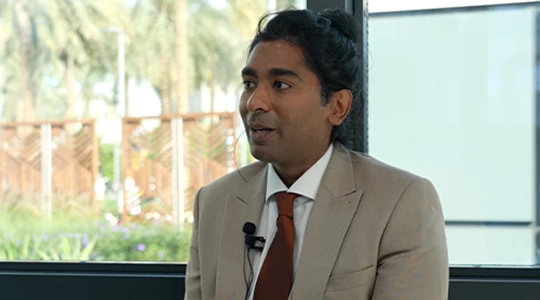
Maritime sector is stepping up to the challenges of decarbonisation
Partner content

Navigating the trading seas: exploring the significance of benchmarks

Back to the Future(s): the best commodities benchmarks are still physically settled
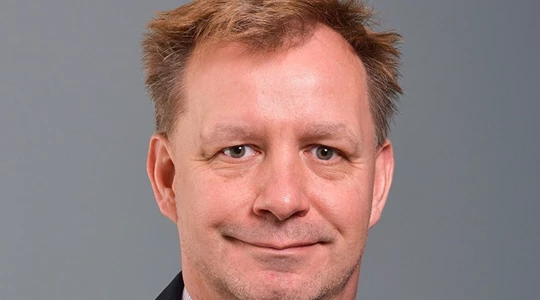
Ebara Elliott Energy offers a range of products for a sustainable energy economy
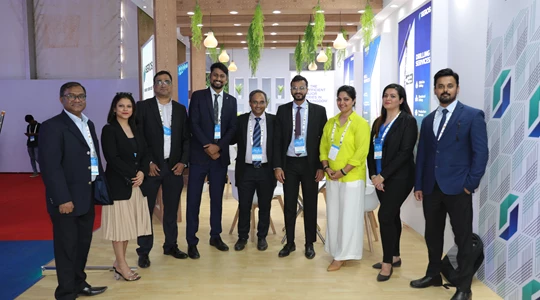
Essar outlines how its CBM contribution is bolstering for India’s energy landscape
